Affiliate links on Android Authority may earn us a commission. Learn more.
How to change the user-agent in Chrome
A user-agent is any software that interacts with a server to download and display online content. The two most common kinds of user-agents are web browsers and email programs. When your browser sends a request for a web page, video, or song, the request includes what is known as the user-agent string, which is the browser’s way of identifying itself to the server with which it is interacting. The user-agent string specifies what browser you are using and the version, and what OS you are using.
The most common reason for changing the user-agent is to see what a web page looks like to different browsers and operating systems. That’s why it is most often done by web developers. They can use the information this provides to optimize the experience of the page for each user. This article will show you how to change the user-agent in your Chrome browser as an aid to web development.
QUICK ANSWER
To change the user-agent string in Chrome, install the User-Agent Switcher from the Chrome Web Store. Click on the jigsaw puzzle-piece icon at the upper right to bring up your extensions, and select User-Agent Switcher. Select the desired user-agent from the list.
How to change the user-agent in Chrome
With the User-Agent Switcher extension
Install the User-Agent Switcher extension from the Chrome Web Store. Click on Add to Chrome to install it.
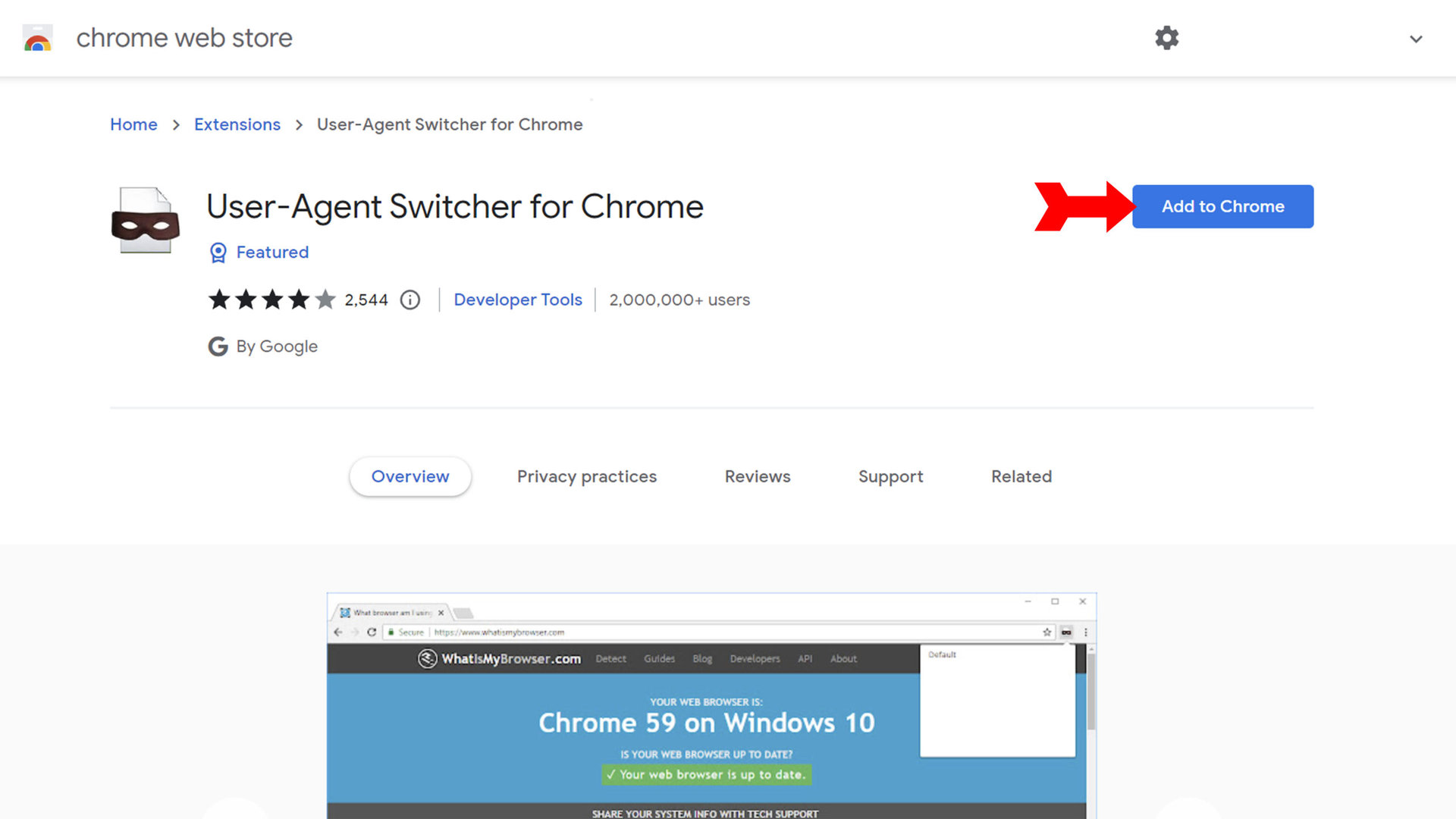
With any web page displayed, click on the jigsaw-puzzle-piece icon in the upper right to bring up your extensions. Select User-Agent Switcher for Chrome.

From the list that drops down, select an alternate user-agent.
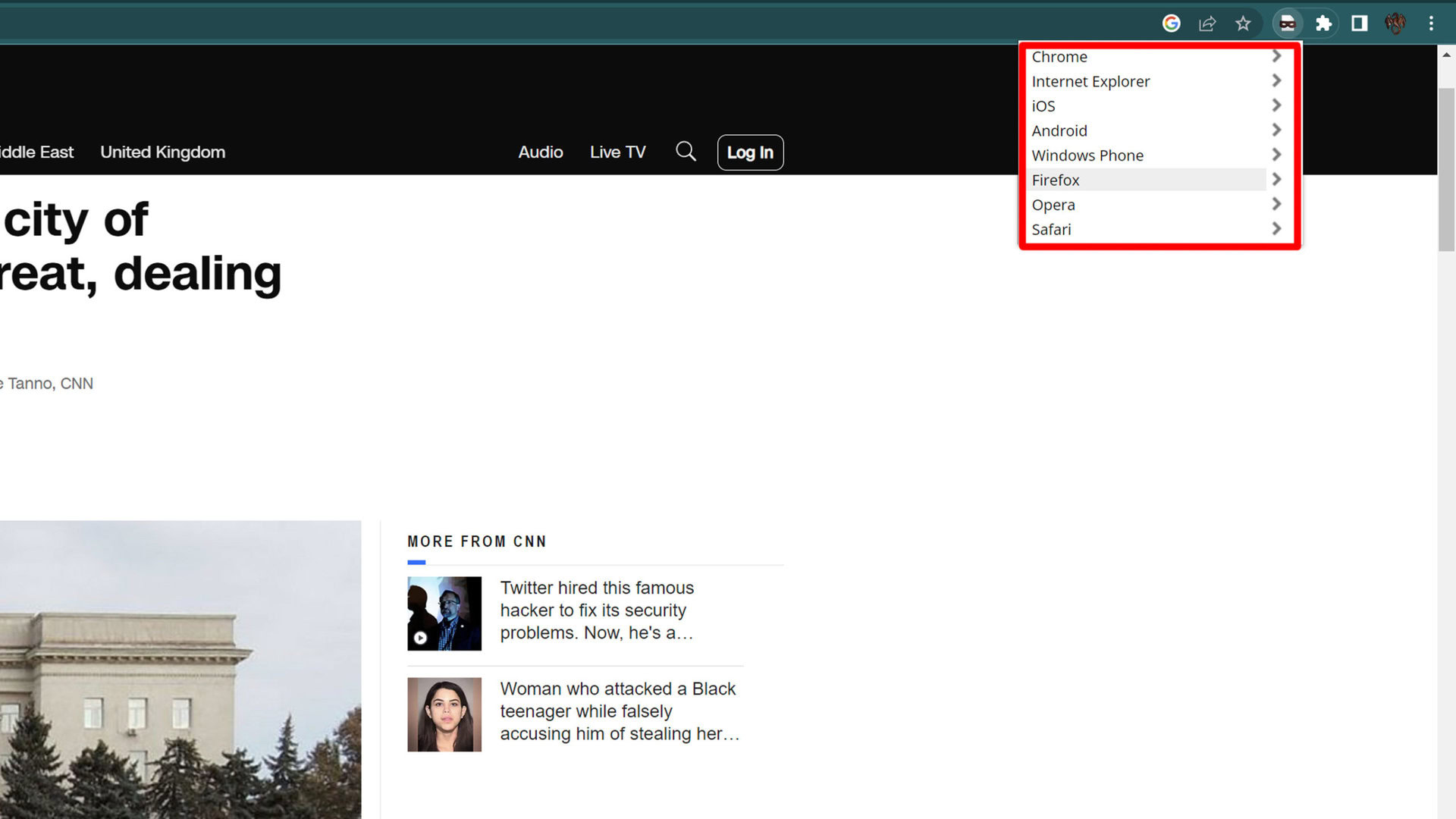
Using the Inspect Window
With Chrome open to any web page, right-click on an empty portion of the page and click on Inspect.
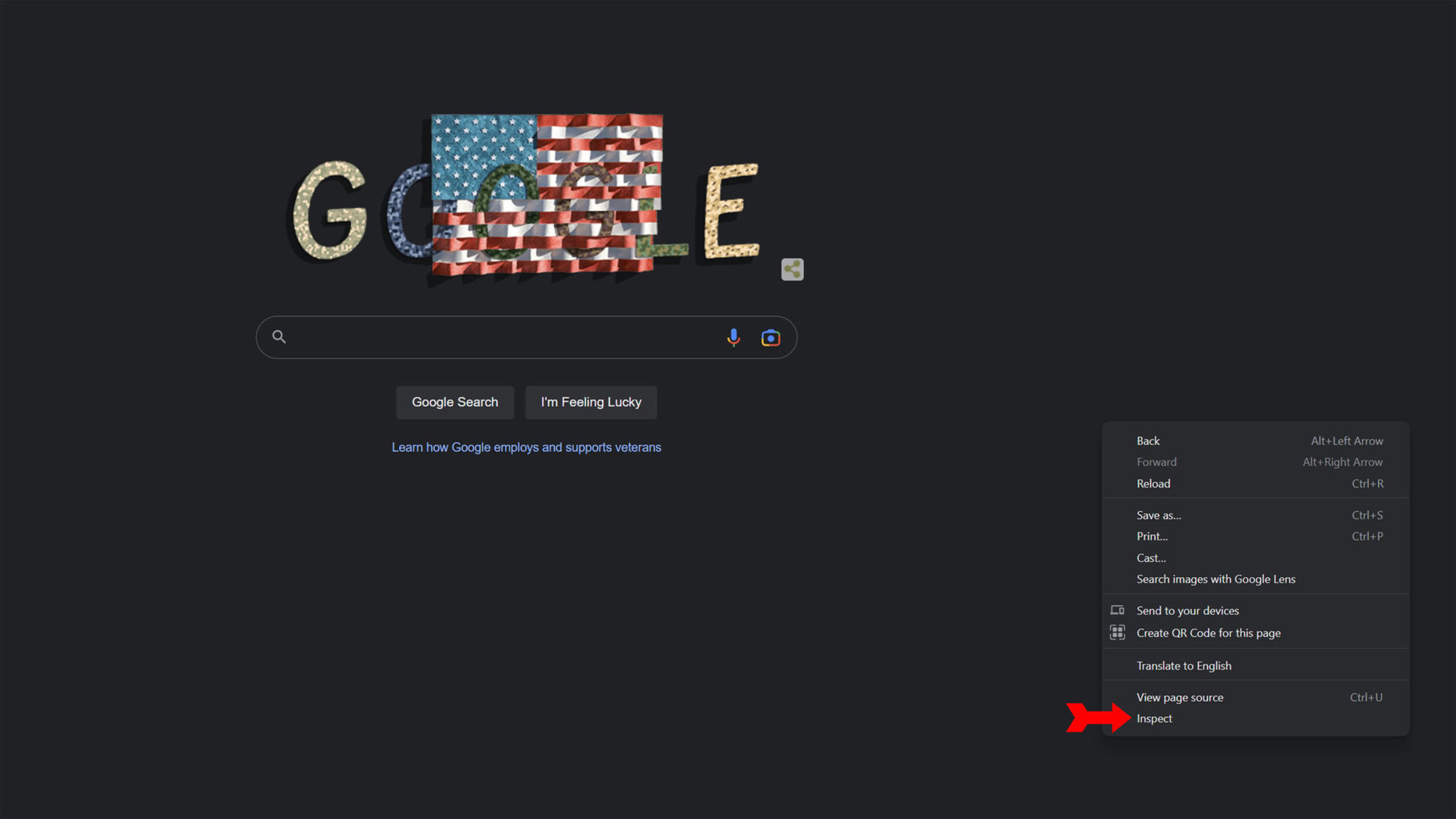
In the window with the site’s raw code, click on the three-dot menu in the upper right.
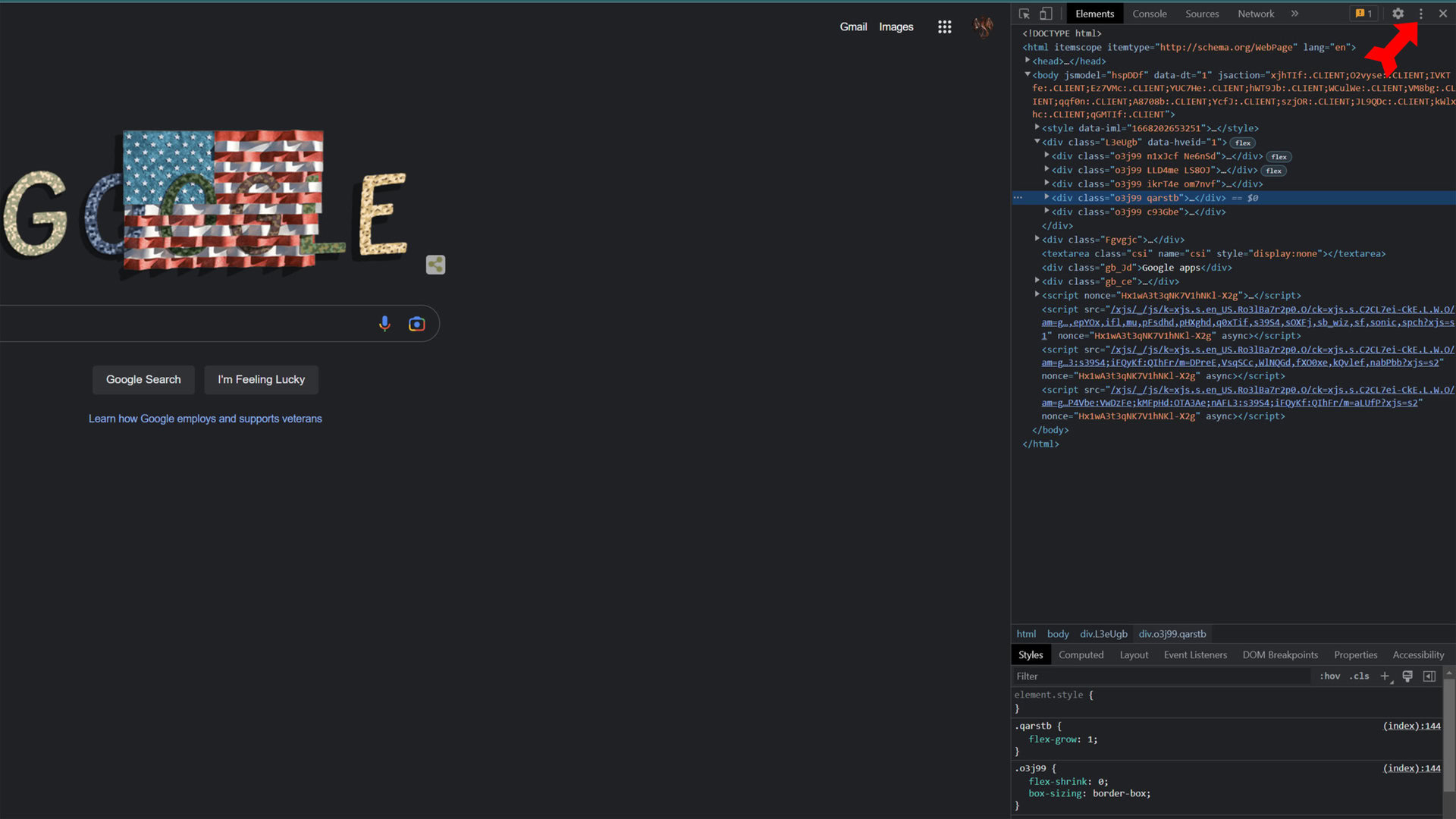
From the menu, select More tools and then Network conditions.
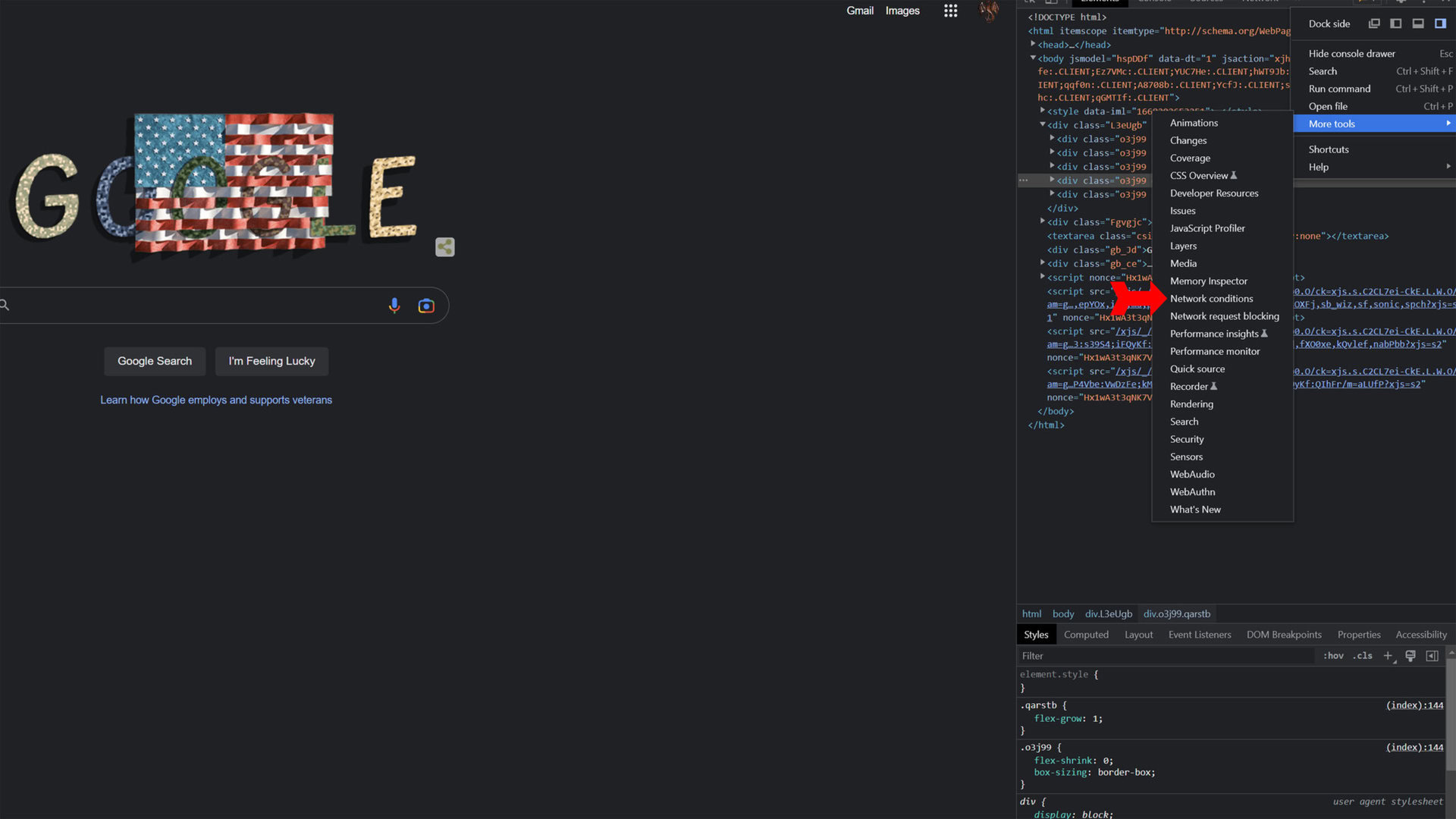
At the bottom of the inspect window, the Network Conditions sections will now be visible. Uncheck the box that says Use browser default.
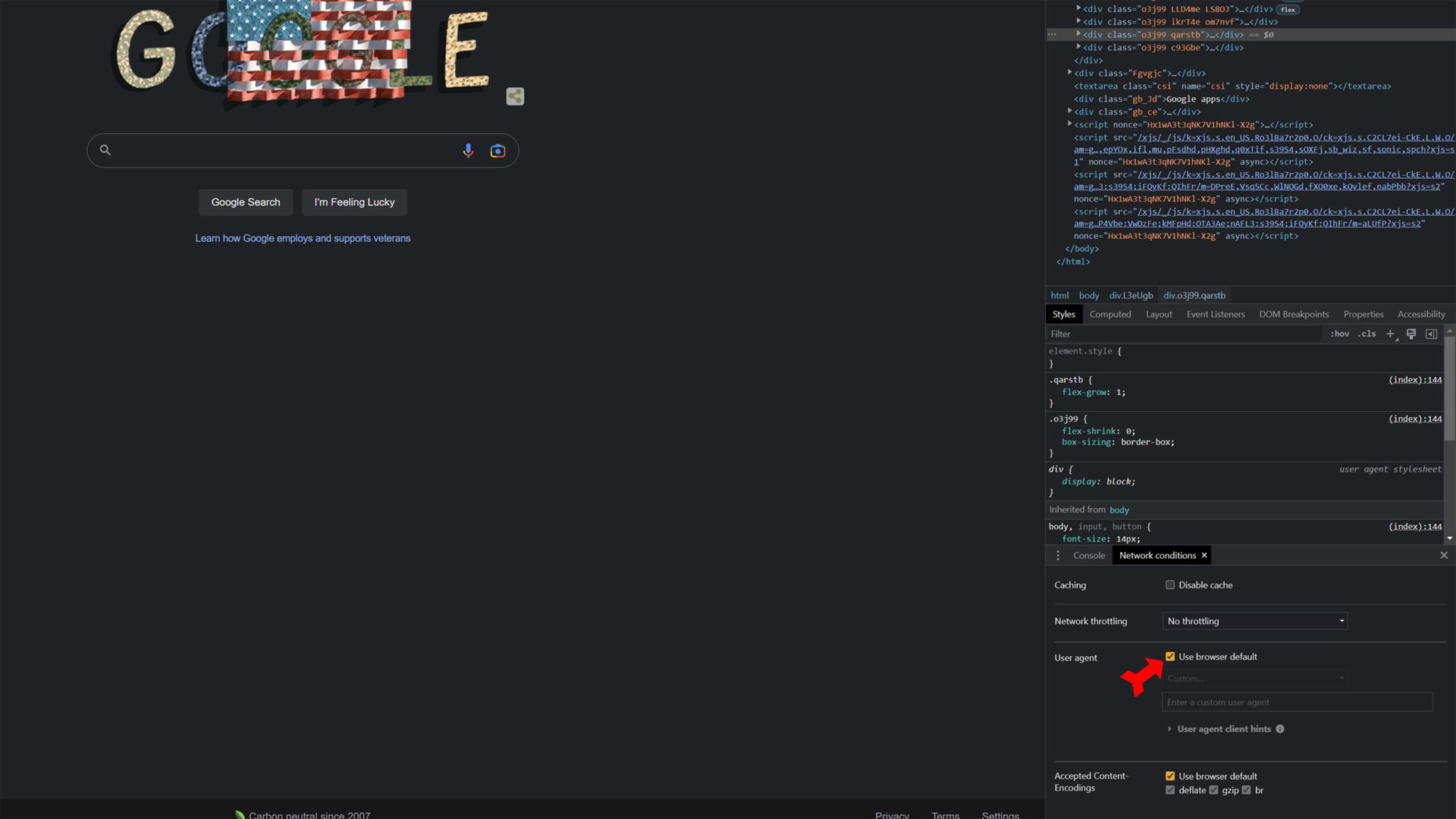
The grayed-out Custom box will become active. Click on it and select your alternate user-agent string from the pop-up menu. That’s all there is to it.

FAQs
It’s the part of the software on a website’s server that reads the user-agent string from your browser so it can serve you the proper version of the web page.
The first browser mentioned in the user-agent string is the main or primary browser in terms of which version of the page will download.
Opera is the only browser that does not, and even Opera will switch to a different user-agent string if it encounters any problems loading the page.